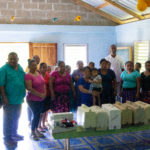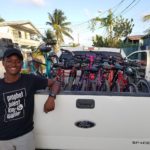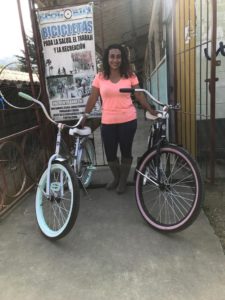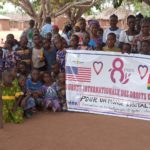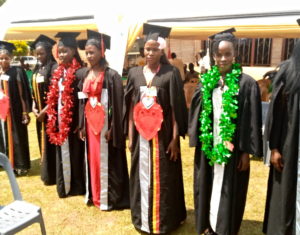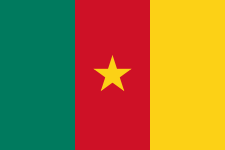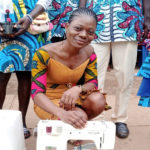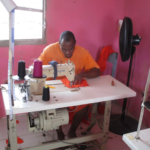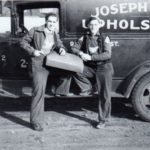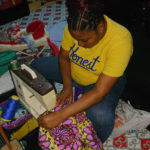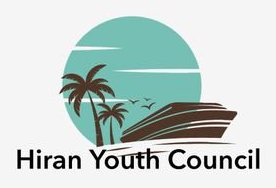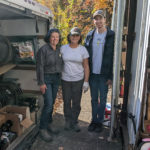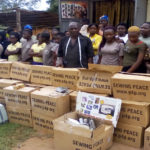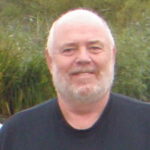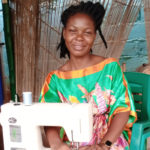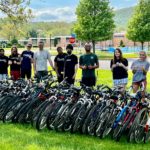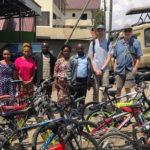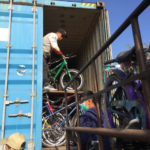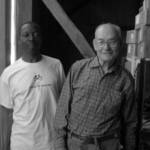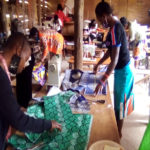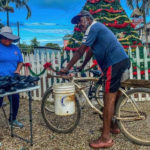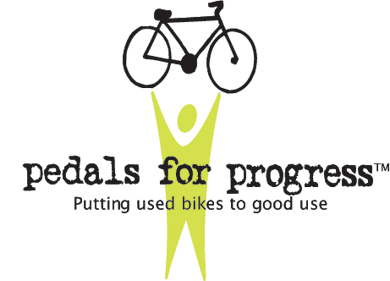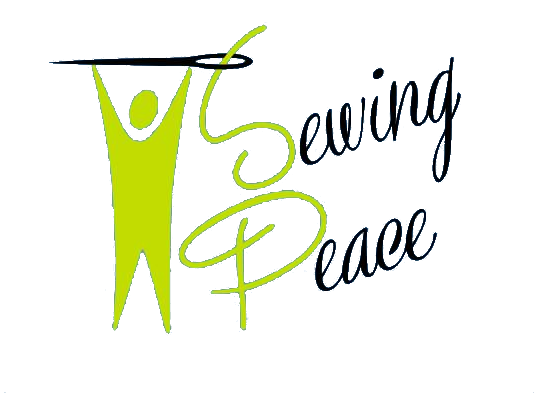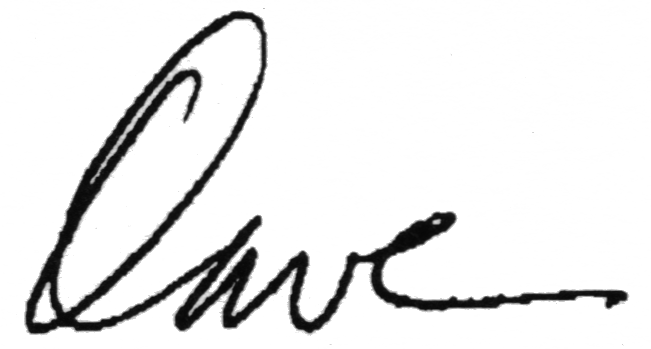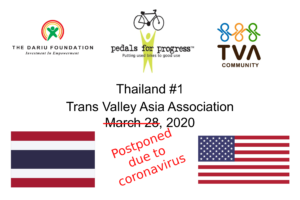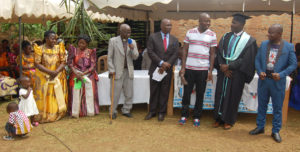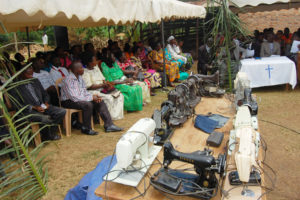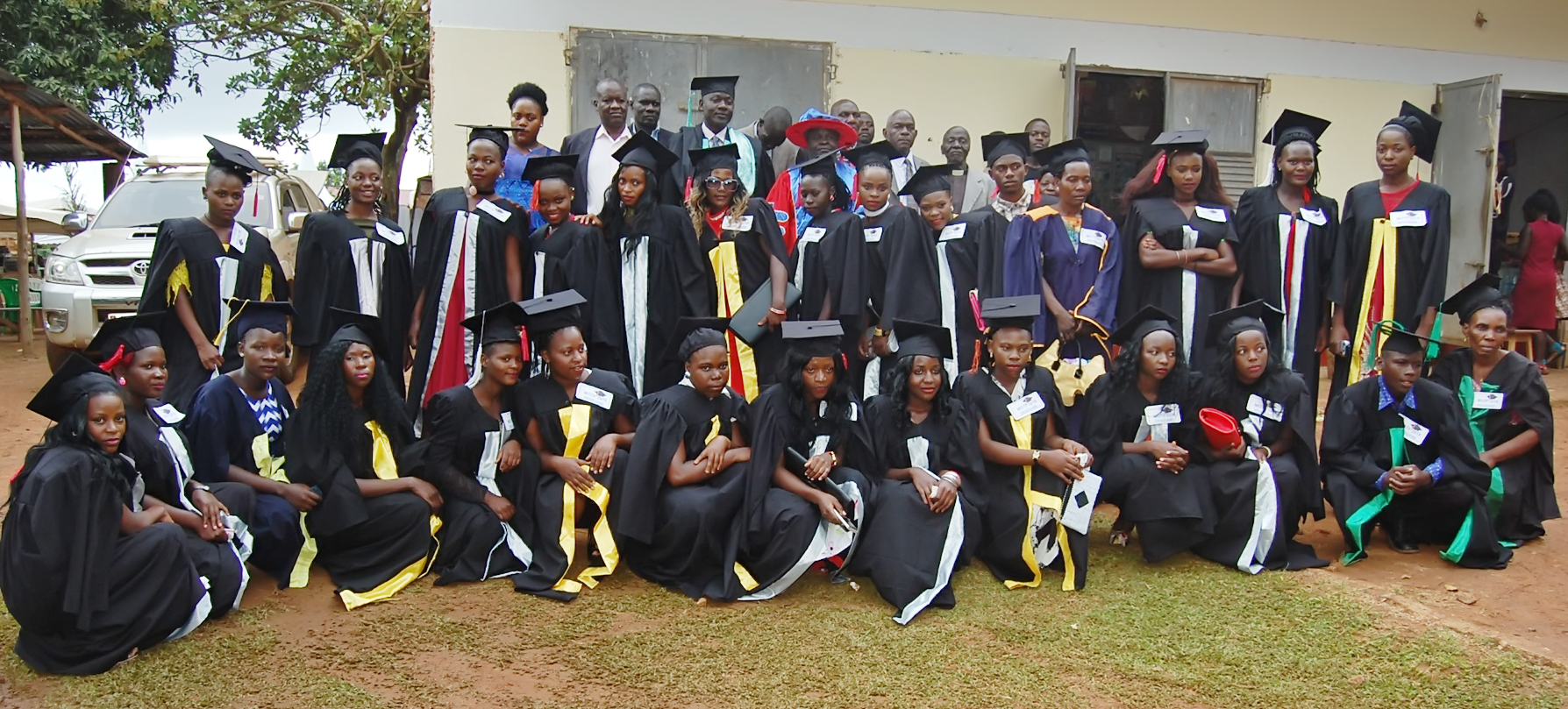Fall 2018 InGear
1. A 27-Year Partnership
By Dave Schweidenback
In the 1970s and 1980s there was a civil war in Nicaragua. Violence and destruction were widespread. The warring sides would burn the crops of their enemies, so hunger was also widespread. Many bridges and roads were impassable.
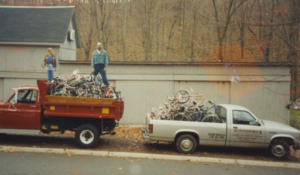
U.S. religious groups were sending humanitarian aid such as food and medical supplies to Nicaragua. A couple of these groups were in New Jersey, including a group at the United Methodist Church in Plainfield. I asked if I could put some of my bikes into the containers they were shipping to Nicaragua. That’s how our first bikes went to Nicaragua in 1991.
After a few of these containers had been shipped, the church groups invited their Nicaraguan partners to a meeting in New Jersey to talk about our projects. One of the Nicaraguans was Wilfredo Santana, head of the Association for the Community Development of Rivas, a town in southwestern Nicaragua. Wilfredo was talking to the group about his programs and the shipments from the U.S. and he said, “Forget all that other stuff, just send us bikes.” Gasps all around. The roads and bridges were in such bad shape, and gasoline was so scarce, that a bike was an incredible advantage in Nicaragua at that time.
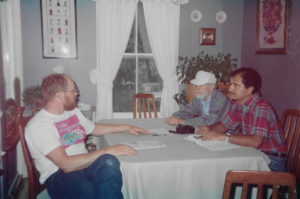 The group had a picnic where I had a chance to talk with Wilfredo. He said that he didn’t have any money for the first shipment, but that if I could ship him a container of bikes at no charge, he could make enough money on the bikes to pay for the next shipment. Each shipment would pay for the next, and this could go on indefinitely. This was the origin of what we call the revolving fund idea, which we have used ever since.
The group had a picnic where I had a chance to talk with Wilfredo. He said that he didn’t have any money for the first shipment, but that if I could ship him a container of bikes at no charge, he could make enough money on the bikes to pay for the next shipment. Each shipment would pay for the next, and this could go on indefinitely. This was the origin of what we call the revolving fund idea, which we have used ever since.
To ramp up my production and to have more control over where I sent bikes, I was determined to make P4P-only shipments, independent of the other groups that were sending aid to Nicaragua. I went to the SeaLand shipping company and told them that if they would donate the cost of the first shipment, I would become a long-term customer. They made the shipment at no charge and I became a long-term customer. Since then, it has sometimes been a struggle to fund the first shipment to a new partner. But we’re still in business, we’ve shipped more than 155,000 bikes, and we’re still using our revolving funds to pay most of our international shipping costs.
End of an Era
There are several reasons a program might end: the local market for bikes can become saturated; the business might not be well run or might lose key people; the government might impose prohibitive import rules or fees; the local economy might collapse. Despite all these unhappy possibilities, our P4P program in Nicaragua has had an amazing run.
Between 1992 and 2016, we sent more than 40,000 bicycles to Nicaragua, including more than 20,000 to Rivas. Now seems like a good time to pause the program. Demand for our bikes is down because we’ve shipped so many and because of the terrible political and economic times in Nicaragua in 2018.
Given the right circumstances, we may revive the EcoBici program down the road. For now, though, we’re making the Rivas program inactive. Goodbye for now and good luck to our good friends in Nicaragua.
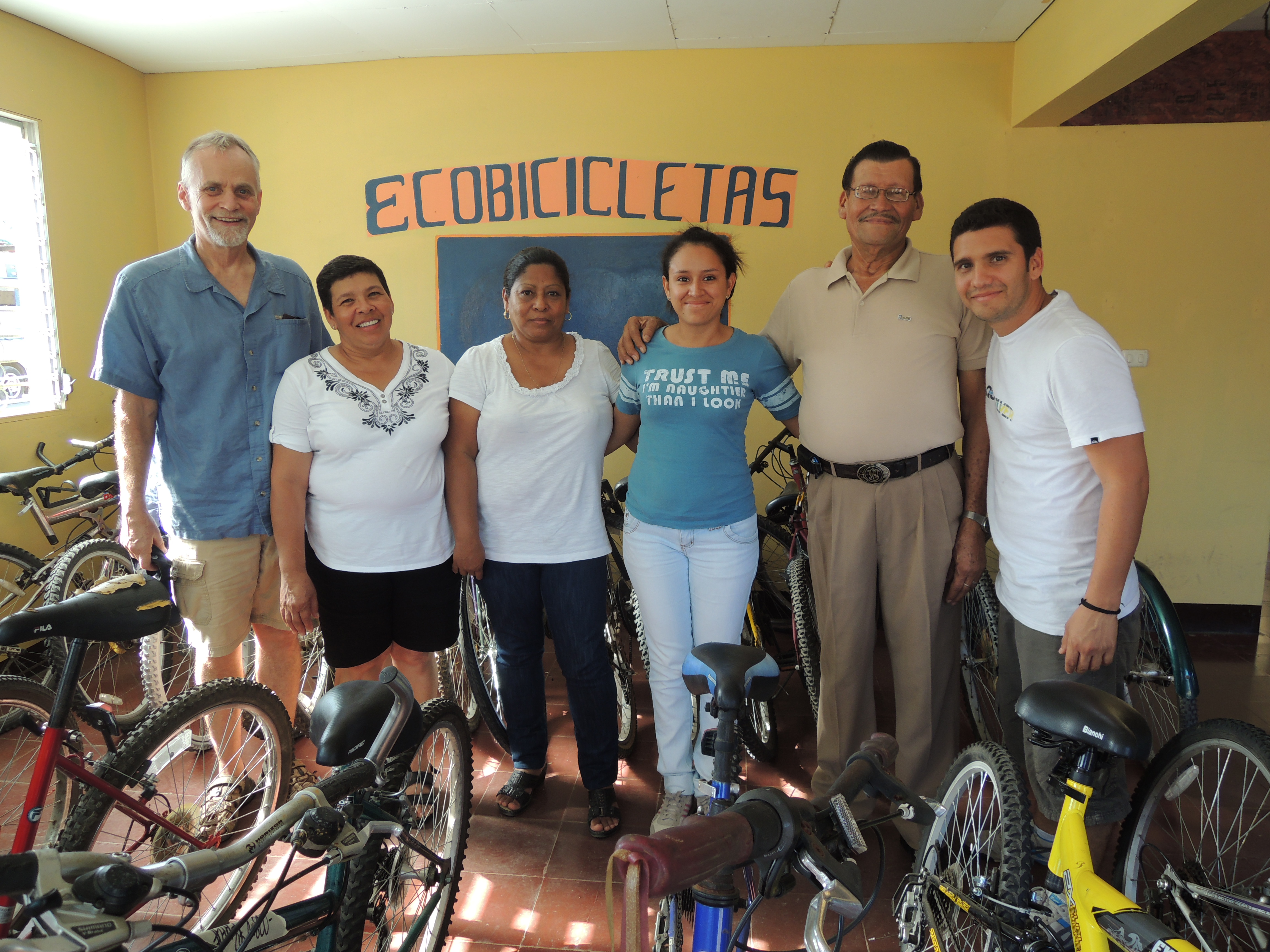
2. ECOBICI, Rivas, Nicaragua
By Wilfredo Santana
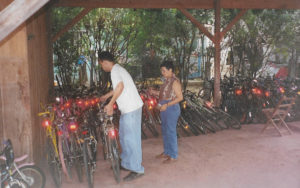
In the 1990s, after the war in Nicaragua, the impact on Rivas of the arrival of bicycles was very great. The country was economically destroyed, public transport was insufficient, and the unemployment rate was high. So for people with scarce resources it was extraordinarily helpful when we started selling bikes at modest prices. We call our bike business EcoBicicletas, EcoBici for short.
Our organization, the Association for the Community Development of Rivas, developed several programs in Rivas and the nearby communities of Veracruz, Buenos Aires, La Chocolata, and Tola. Our programs benefited single mothers, mothers who lost their children or husbands in the war, teachers, and workers. We had programs to build rope pumps for water wells, transport drinking water, build latrines, and build roofs for houses.
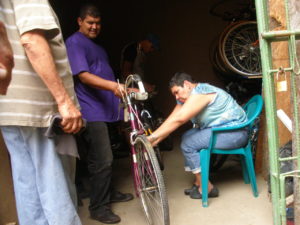 We established bike shops where we sold and repaired bikes and bike parts, and we trained bike mechanics to work in the shops.
We established bike shops where we sold and repaired bikes and bike parts, and we trained bike mechanics to work in the shops.
Rivas has become somewhat more prosperous over the last couple of decades, so the use of motorcycles and autos has increased. We do not have the same demand for bikes that we had years ago, but we still sell many bikes, mostly to young people, women, and some elderly people. And the bicycle is still an economical means of transport for many.
Besides providing affordable transportation to thousands of adults and children in Nicaragua, EcoBicicletas has, for almost three decades, offered steady jobs for the three women who run the organization.
Now, in late 2018, Nicaragua is in the middle of a socio-economic crisis, including violence in the streets. The deterioration of the economy has impacted the sales of bicycles to such a degree that we fear for the survival of our business. We hope that the situation will normalize and the pace of product sales will resume.
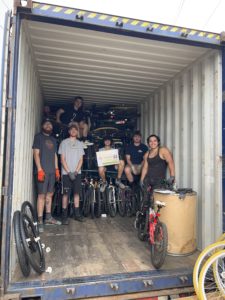 While Pedals for Progress may be a small organization located in a small town, we are a global network that connects people looking for a helping hand with people looking to lend one. Our mission would not be possible without the help from our donors, collection sponsors, and volunteers. Reading this message, you are likely one of those and I would like to say thank you for playing a role in our success.
While Pedals for Progress may be a small organization located in a small town, we are a global network that connects people looking for a helping hand with people looking to lend one. Our mission would not be possible without the help from our donors, collection sponsors, and volunteers. Reading this message, you are likely one of those and I would like to say thank you for playing a role in our success.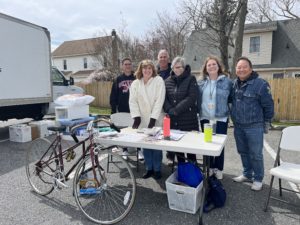 While it wasn’t a true knock-out of a season there is a silver lining. In response to rising costs and inflation, we started requesting a $20 donation with each item. While it was an unfortunate decision, it proved necessary to sustain our operations. Despite receiving fewer bikes, we have seen an increase in the quality of the bikes and in monetary contributions. It’s a bittersweet outcome, but this change allows us to continue supplying bikes to our partner programs and maintain our operations.
While it wasn’t a true knock-out of a season there is a silver lining. In response to rising costs and inflation, we started requesting a $20 donation with each item. While it was an unfortunate decision, it proved necessary to sustain our operations. Despite receiving fewer bikes, we have seen an increase in the quality of the bikes and in monetary contributions. It’s a bittersweet outcome, but this change allows us to continue supplying bikes to our partner programs and maintain our operations.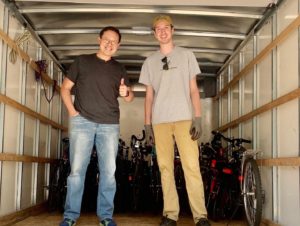 Despite the challenges we face, this newsletter highlights the progress being made in our pursuit of economic development. I encourage you to explore the positive impact your support has helped us achieve. I am already excited to collect more bikes come fall, with an optimistic mind, I thank you for your support.
Despite the challenges we face, this newsletter highlights the progress being made in our pursuit of economic development. I encourage you to explore the positive impact your support has helped us achieve. I am already excited to collect more bikes come fall, with an optimistic mind, I thank you for your support.


